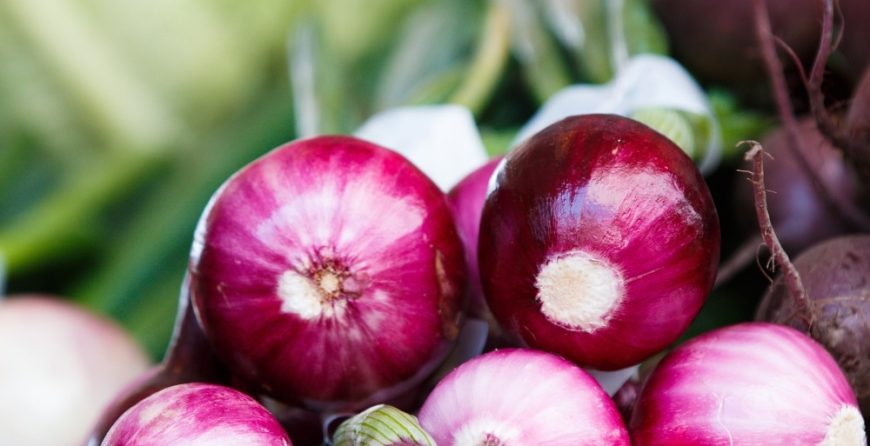The cold winter weather may be too harsh for some vegetables to grow, but there are some that can brave the freezing temperature and will be able to produce its crops even before the vegetables that were planted during spring could.
Here is a list of ten vegetables that you can grow outdoors during winter:
Onions.
Onions take a bit more time to grow compared to other vegetables. It can take as much as five months before it is ready to be harvested. Onions can be planted during the winter, so you can harvest them in summer.
Learn how you can grow onions.
Garlic.
Like the onions, garlics take about five months before it is fully grown and can be harvested during the summer if planted during winter. Garlics are not only good for your health, but it’s savory as well. You can either grow as soft neck or hard neck garlic, depending on your liking.
Pak Choi.
Pak choi is a Chinese cabbage that is often used for salads when harvested young. It is also ideal for stir-fries when harvest on its maturity.
Carrots.
Carrots are known for being one of the vegetables that grow faster compared to others, if it is planted in a sandy soil. A tip would be planting them at least three inches apart from one another to give the carrots enough room to itself to be able to grow.
Peas.
Peas can grow even when snows fall on the ground, if you have worked on the soil before that happens. The most common types of peas are the snap peas, sweet peas, and snow peas.
Perpetual spinach.
Perpetual spinach is easier to grow than a true spinach itself. It is recommended that the soil must be kept moist because it is what perpetual spinach prefers to grow its leaves quickly. Avoid planting them into acid soil as well.
Broad beans.
Broad beans are relatively cheap and are easy to grow. These types of beans do not go well with wet soil.
Asparagus.
Asparagus take a lot of time before it is ready for harvest, but it can continue producing crops for twenty more years. Keep the plant bed’s drainage well maintained because to keep asparagus from being wet from the bottom.
Properly label your plants during winter. User our plant markers to ensure your soil remains free from unwanted chemicals.


